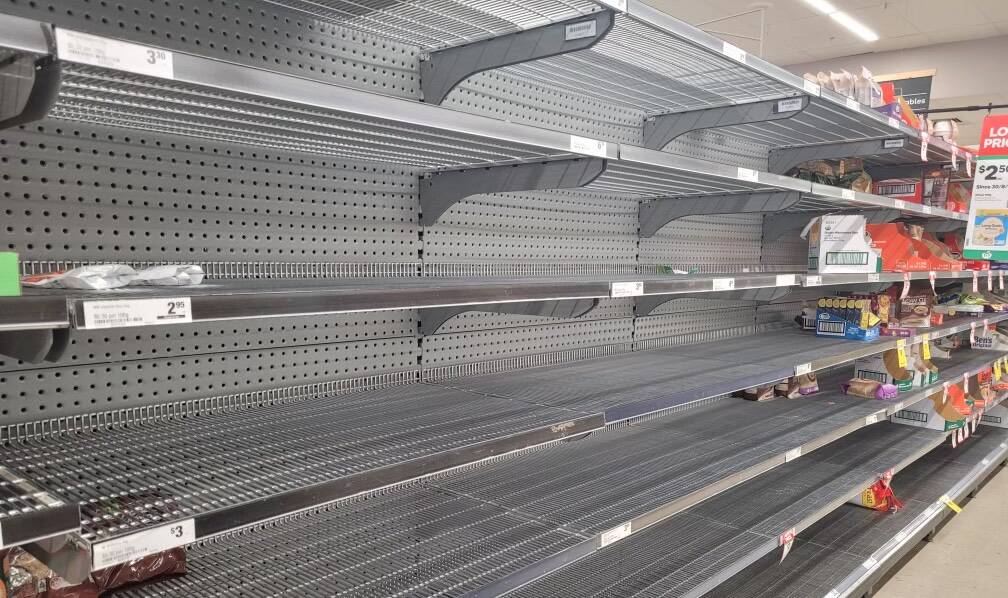
THE nation's peak farming body wants the government to end the reactionary approach to supply chain emergencies and has put forward a way to predicting the unpredictable
Supply chains have stress tested multiple times during the pandemic and found to be lacking, with the shortage of rapid-antigen tests leaving food aisles bare across the country.
The National Farmers' Federation wants a cross-industry and civil society council to be established, which would plan contingencies for the next six to 12 months.
NFF chief economist Ash Salardini said the lack of RATs was the perfect example of a black swan event, which "by its very nature is hard to predict".
"But we could have predicted in the last two years there will be many black swan events, that's where the failure has been," Mr Salardini said.
The nation's supply chains are so vast and complex, that no one person has all the answers, which is why the NFF wants to bring together a cross section of experts to talk about the big opportunities and challenges in their fields.
"We're suggesting getting the best and brightest from industry, government, unions and civil society together to forecast what they're seeing in their industry, and how that could impact other industries and society," Mr Salardini said
"Then we can start to predict some of these black swan events.
"This is the deep engagement we need for crisis management, sitting together and saying 'what are you seeing that could undo us all'."
Recently, the nation's supply chain has narrowly avoid a number of crisis-level events, including a shipping container squeeze and a shortage of the urea-based diesel exhaust fluid Adblue.
"Adblue is a great example of a near miss - no one knew what it was unless you were in the transport or logistics industry, but without it most heavy vehicles won't operate," Mr Salardini said.
Sometimes the most mundane events - like an energy price spike - are all it takes for a supply chain to crumble.
"China didn't see its energy crunch coming - the price and availability of electricity ballooned over the Chinese winter, and they were forced to shut down factories to focus on heating and electrical supply for domestic purposes,"
"A lot of those factories included chemical and fertiliser factories that we rely on."
At its core, the NFF's proposal is the age-old adage of "hope for the best and plan for the worst".
"Good governance is sitting down and saying 'what is the most horrible thing that can happen, and how can we respond'," Mr Salardini said.
"When it's running smoothly, our 'just in time' system works. But when we see a breakdown in one part of the supply chain, the just in time system is vulnerable.
"We need to think about building some fat into those critical supply chains, like energy and food, which of course will come at a cost."
Mr Salardini applauded the government for avoiding several near-miss supply chain disasters through "sheer energy and will power", but said the time for reactionary policy was over.
"It's easy to throw rocks, but our governments have got us through a number of rough patches, but now is the time to move away from playing what is in front of you towards a solid plan," he said.
"The reactionary approach has got us through quite a few disasters and crises, such as the Adblue and shipping container shortages.
"But reactionary police can only work for so long, at a certain point everyone burns out and it won't be effective going forward."
Love agricultural news? Sign up to our free daily newsletter and start your day with all the latest in ag.


